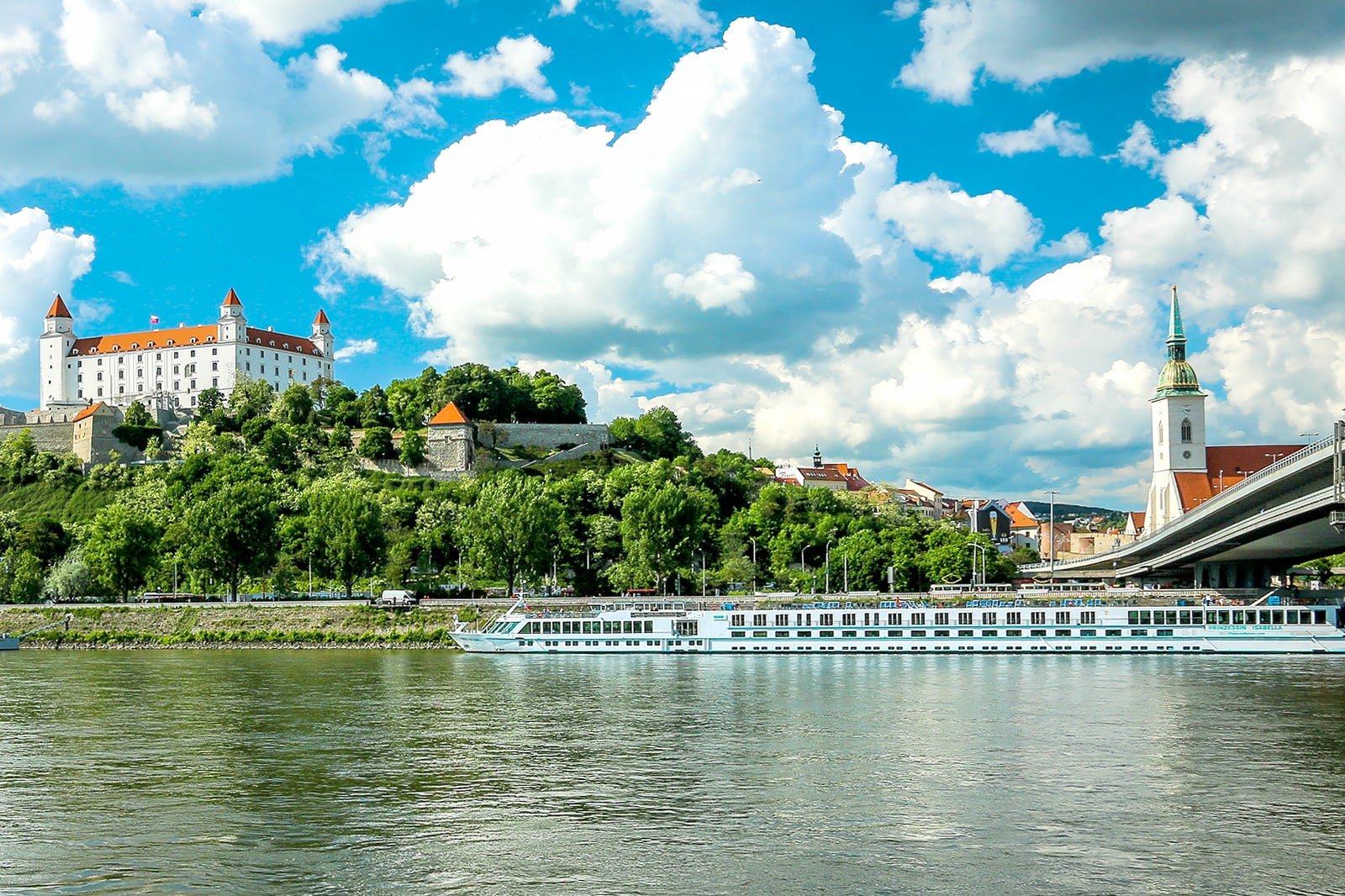
Slovakia - 86.71
23
The Socialist Good Ending
Slovakia managed to escape from the rubble of the Iron Curtain and rebuild stronger, now boasting one of the strongest economies in the world. Slovakia’s economic disparity was virtually eliminated under the socialist regime, so when capitalism returned, economic disparity stayed low; the country now boasts the lowest in the world. At the same time, Slovakia suffers from some of the highest corruption in the European Union, suffering from an incredibly corrupt judicial system and porous borders. Slovakia is also deeply racist against its Roma minority, which faces discrimination at several levels of Slovak society.
Human Rights - 87
Slovakia has fully abolished the death penalty. Private discrimination against Roma is not stopped. Roma are regularly prohibited from buying property outside Roma ghettos and are often prohibited from enrolling in private schools. The Slovak government makes very few attempts to stop illegal discrimination against Roma. Police raids against Roma settlements were both common and brutal, with shanty houses destroyed and residents cleared out. Residents refusing to leave were often beaten. COVID vaccines were often denied to Roma, especially in rural areas. Slovakia guarantees limited cohabitation rights same-sex marriage is constitutionally banned. Any single person can adopt but Slovakia has no joint same-sex adoption.
Democracy - 91
The president is directly elected and the prime minister is chosen by parliament. The prime minister holds most executive power but the president still retains some important duties. Parliament is directly elected. Elections are free and fair, but some concerns persist regarding transparency in campaign spending. Roma usually vote in blocs and candidates have often been accused of trying to buy the Roma vote. Slovakia has a strong and competitive multi-party system. Roma face disenfranchisement throughout the country.
Freedom - 84
Slovakia criminalizes hate speech. The murder trial of investigative journalist Ján Kuciak was fraught with controversy after debatably oligarchical businessman Marián Kočner and an associate were acquitted before the supreme court overturned their acquittal and ordered a retrial. The government is currently attempting to pass laws to criminalize the dissemination of false information. Slovak media ownership is highly concentrated and select businessmen close to the government own most Slovak media. Steroids are legal in Slovakia, which is a major source of steroids smuggled into other countries in Europe. All other drugs are illegal. Slovakia shall issue gun ownership licenses for semi-automatic rifles and handguns.
Economy - 99
Health - 94
Slovakia has a life expectancy of 78 years and an infant mortality rate of 0.47%. 20.5% of Slovaks are obese and 5% are malnourished. Slovakia’s universal healthcare system provides high-quality care throughout the country. 99.8% of Slovaks have access to clean, running water. 32.3% of adult Slovaks smoke regularly.
Corruption - 59
Slovakia’s judicial system is one of the most corrupt in Europe. Judicial verdicts can be bought and old at most levels of government. Police extortion is not uncommon. Public services will rarely act without being bribed into action. Slovak tax code is opaque and tax fraud is relatively easy to get away with in the country. Slovak borders are generally porous and the country is a major source of steroids smuggled into the rest of Europe. Public contracts are impossible to obtain without bribery.
Competency - 80
Slovakia is failing to protect Roma and enforce anti-discrimination laws.
Future - 85
Slovakia has made an excellent recovery from the socialist era. The country’s economy has been growing steadily, and though it suffered a substantial hit due to COVID it will likely recover quickly.
Actions Abroad - 85
Slovakia is a member of the EU and NATO. It generally maintains good relations with most nations and is largely isolationist.
0.1% of Slovaks live under the international poverty line while 11.4% live under the national poverty line. 6.8% of Slovaks are unemployed. Slovakia has the lowest economic disparity in the world according to the Gini Index. Slovakia has a minimum wage of $630 per month. Slovakia’s universal healthcare system is of very high quality, offering free care to all Slovak and EU citizens. Slovakia’s economy shrunk 4.8% in 2020 and grew 2.5% in 2019.
